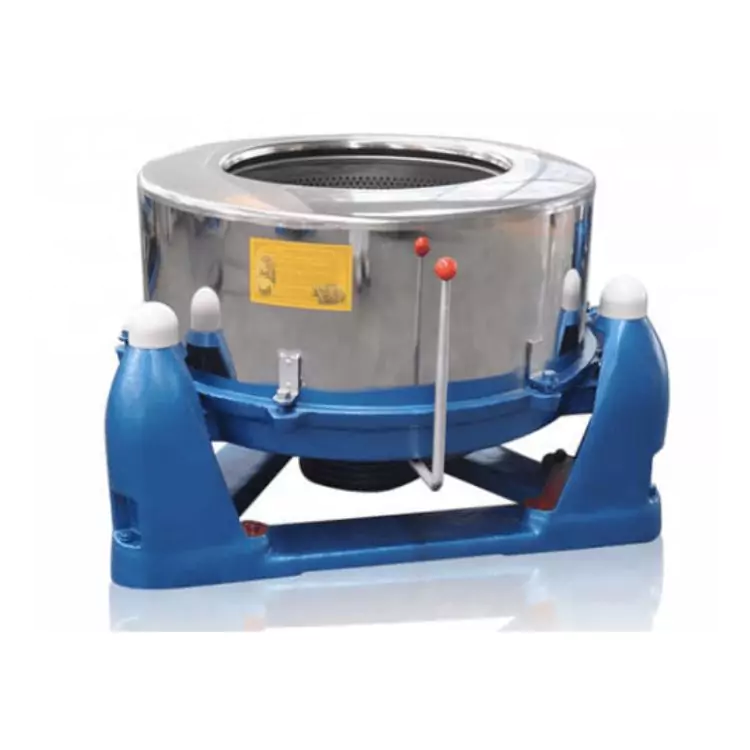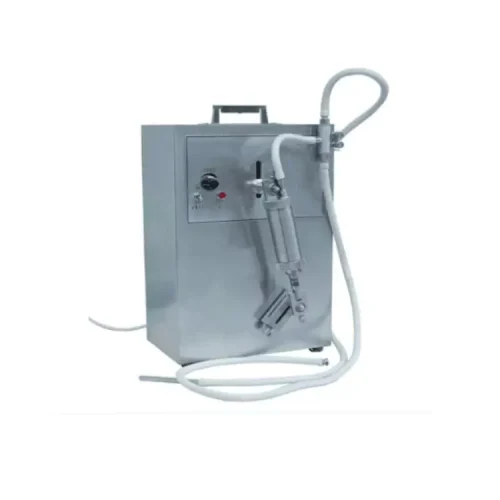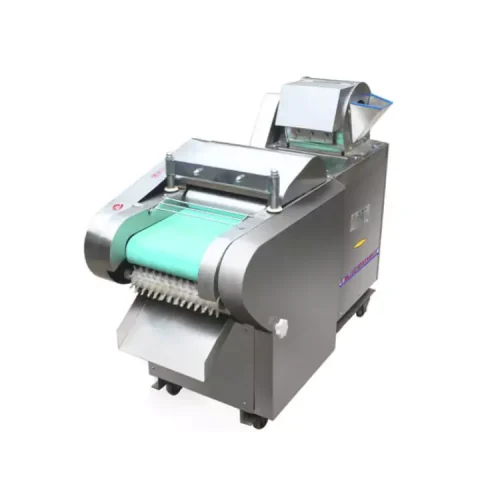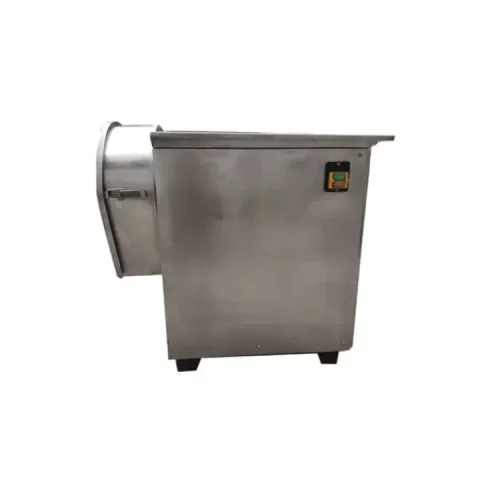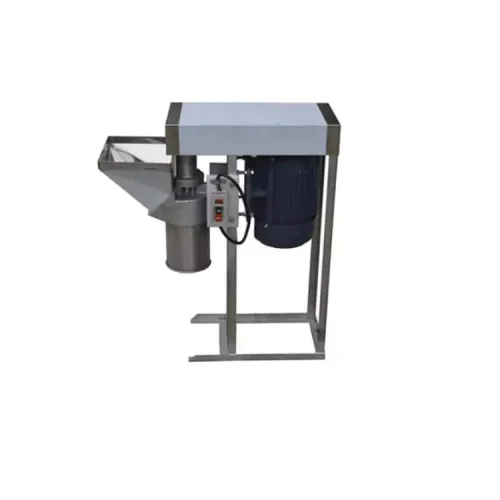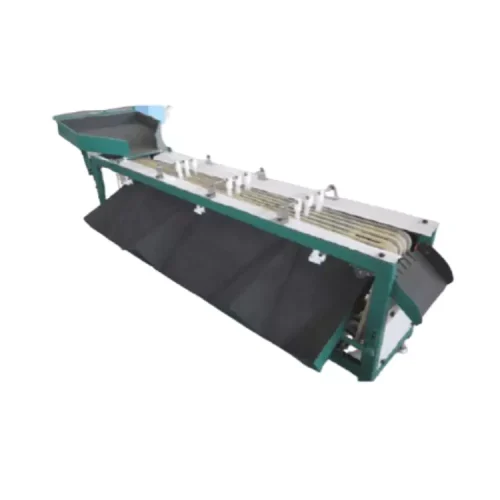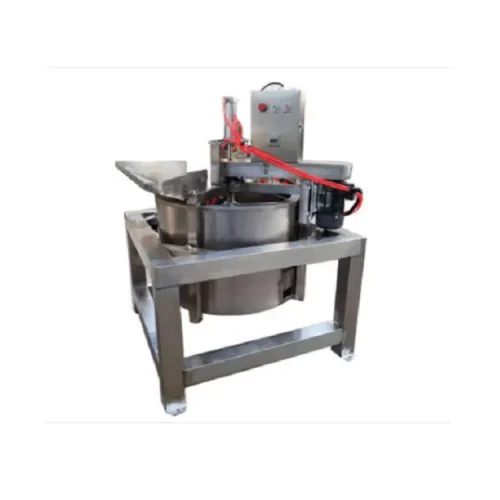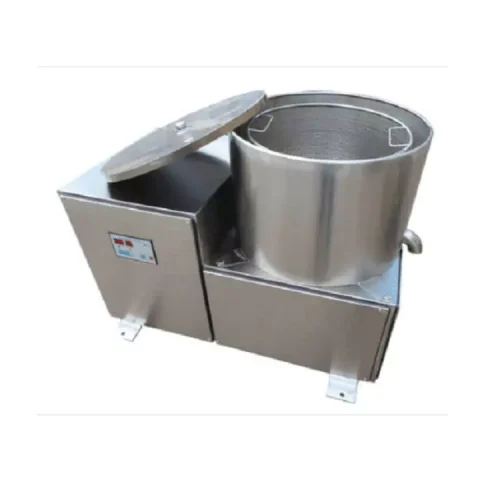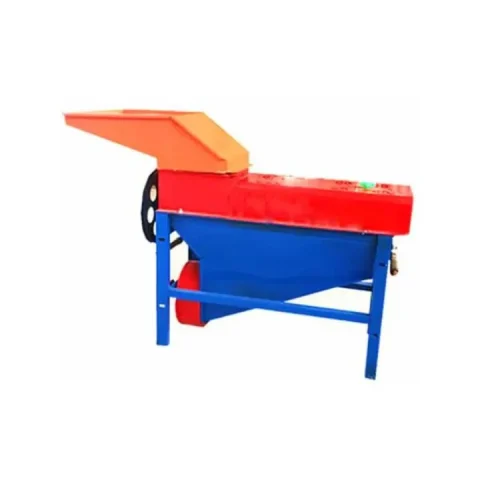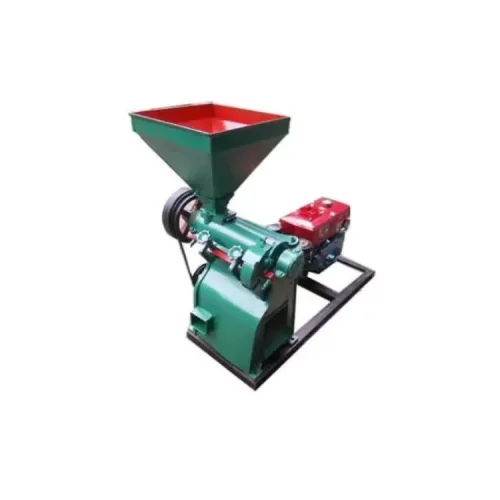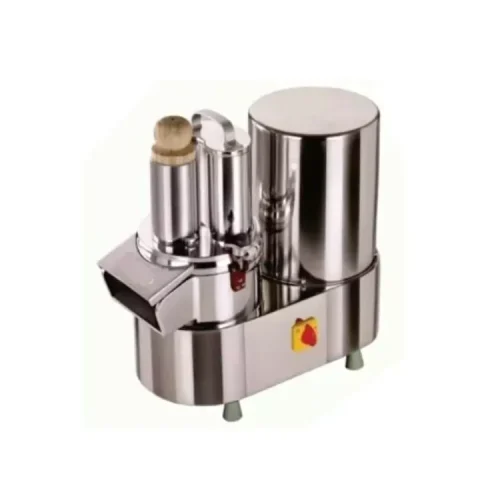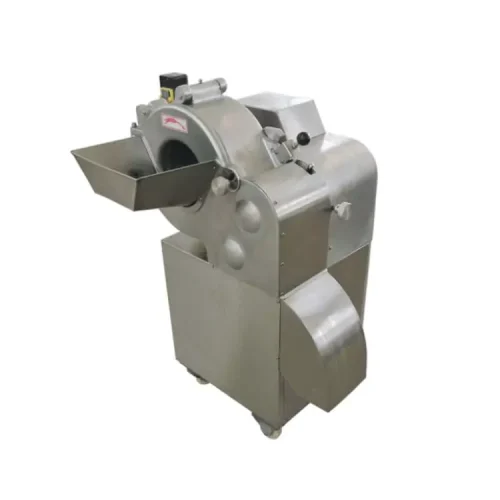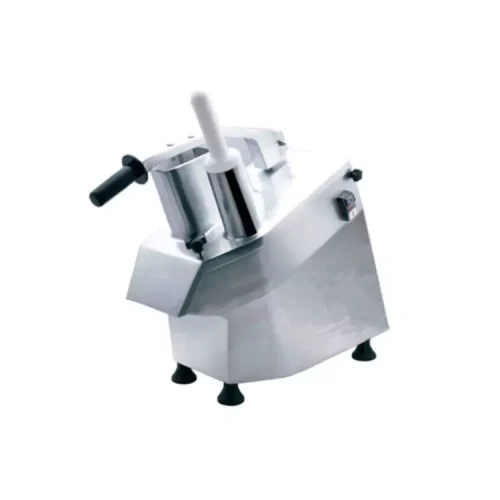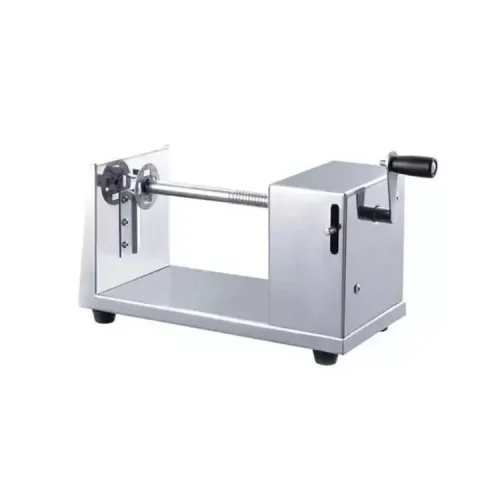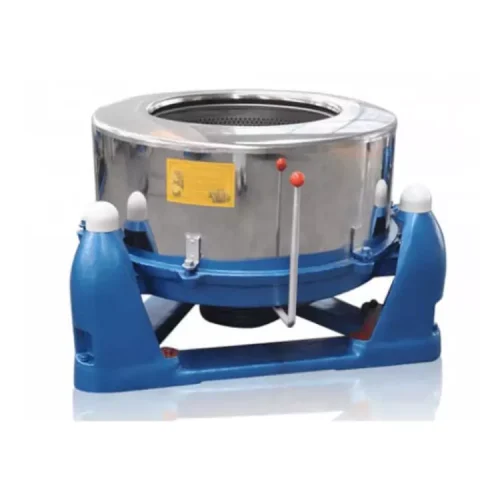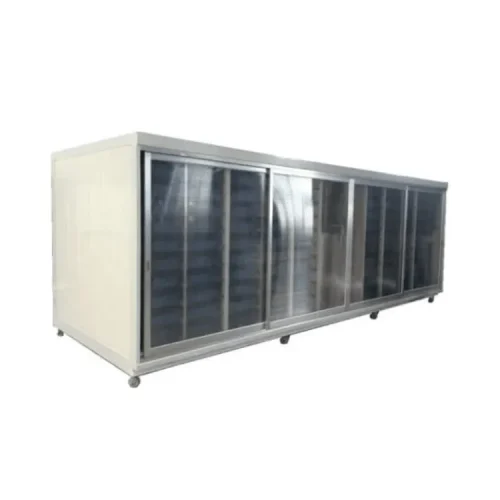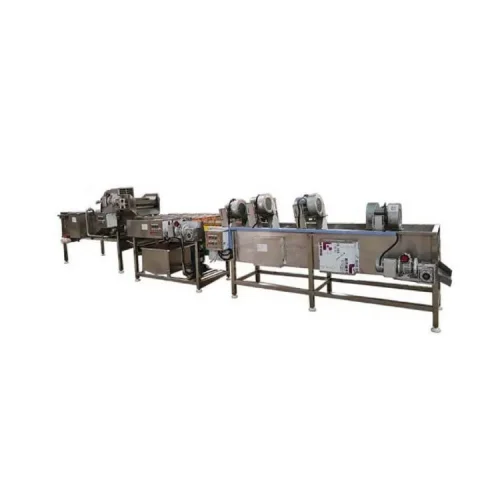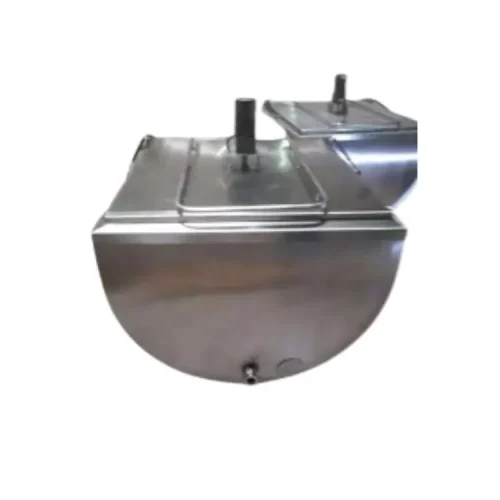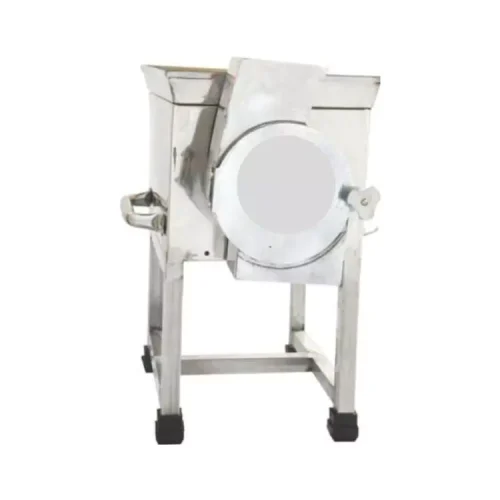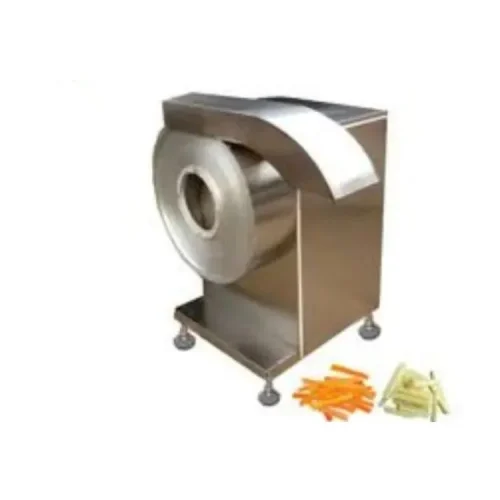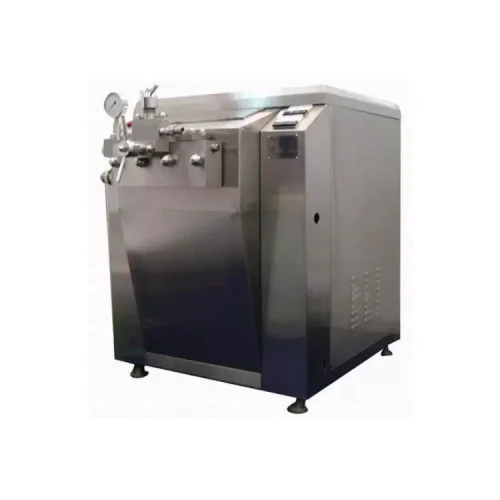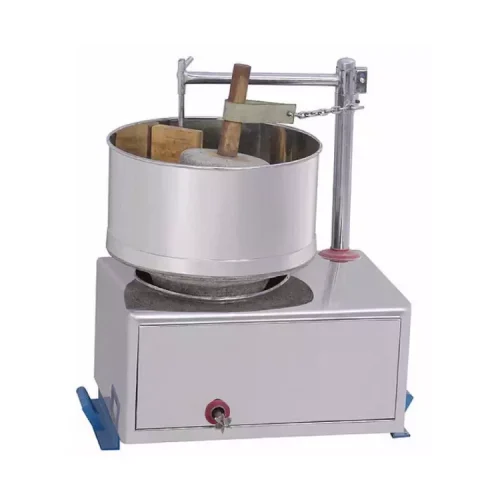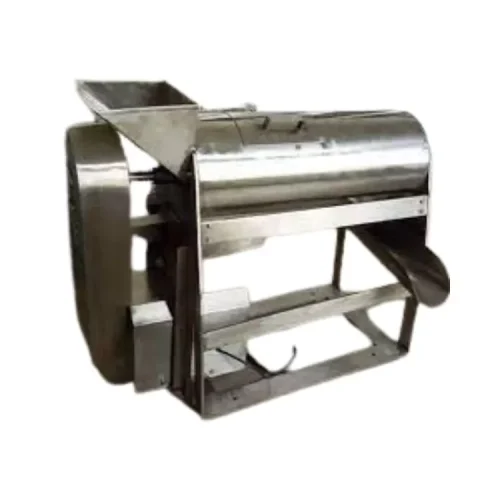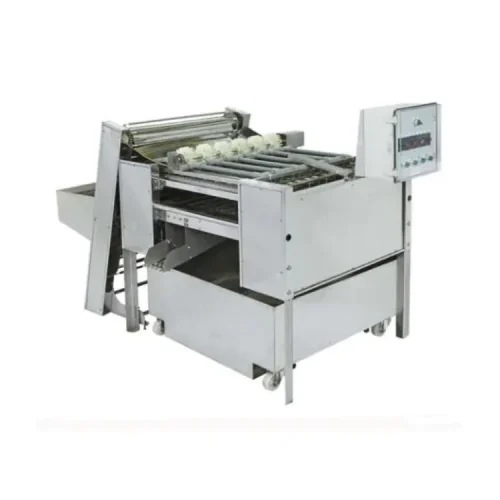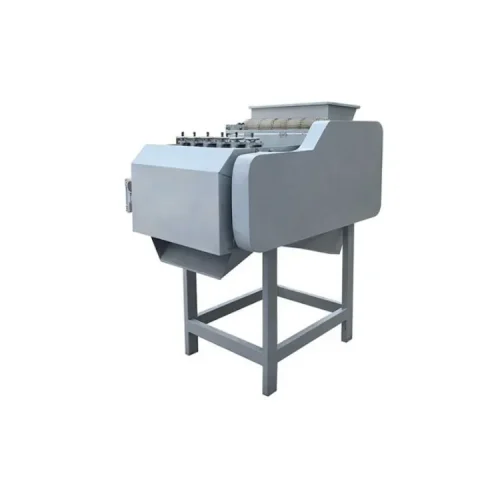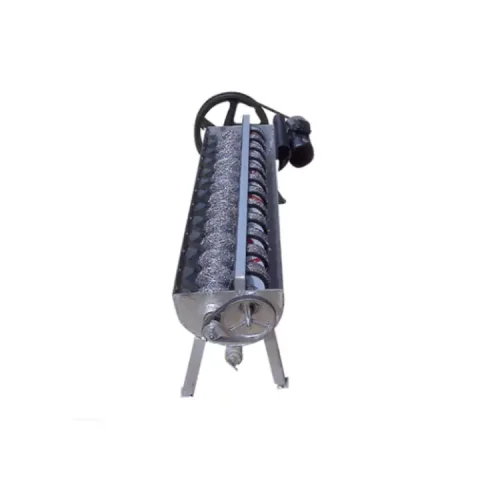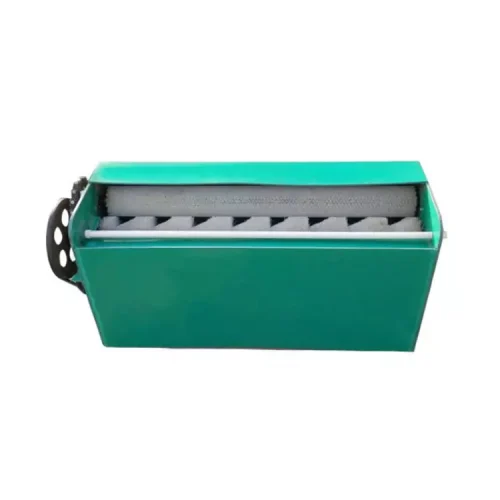Exploring the Benefits of Sesame Dewatering Machines in the Food Industry
Innovation has always been a driving force in the food industry, and today, we are witnessing the power of invention through the sesame dewatering machines. These cutting-edge machines have revolutionized the process of dewatering sesame seeds, offering numerous benefits to the food industry. From enhanced efficiency to improved product quality, the advantages of these machines are undeniable.
With their state-of-the-art technology, sesame dewatering machines effectively separate excess moisture from sesame seeds, resulting in higher yield and reduced drying time. This not only increases productivity but also ensures consistent quality by preventing mold and bacterial growth.
In addition to efficiency and quality, sesame dewatering machines also contribute to sustainability. With reduced water consumption and energy usage, these machines help businesses minimize their environmental impact while maximizing their profitability.
Moreover, the implementation of sesame dewatering machines can assist food manufacturers in meeting stringent industry regulations and food safety standards.
As the food industry continues to evolve, embracing innovation is essential for businesses to stay competitive. Sesame dewatering machines represent a significant technological advancement that delivers tangible benefits for both manufacturers and consumers alike. By investing in these machines, food companies can unlock new opportunities for growth, efficiency, and product excellence.
The Importance of Sesame Dewatering Machines in the Food Industry
Sesame seeds are a staple ingredient in many cuisines around the world, known for their nutty flavor and nutritional value. However, the process of dewatering sesame seeds has traditionally been time-consuming and labor-intensive. This is where sesame dewatering machines come into play.
These machines are designed to remove excess moisture from sesame seeds, allowing for faster drying and improved quality. By effectively separating the water content, sesame dewatering machines enable food manufacturers to streamline their production process and meet the increasing demand for sesame-based products.
One of the key advantages of sesame dewatering machines is their ability to significantly reduce drying time. Traditional drying methods often require several days to dry sesame seeds properly. However, with the use of dewatering machines, this process can be completed within hours, saving valuable time for food manufacturers.
Moreover, these machines offer a higher yield compared to conventional drying methods. By removing excess moisture efficiently, sesame dewatering machines ensure that the final product retains its natural flavor and texture. This not only enhances the taste but also increases the overall value of the sesame seeds.
Benefits of Using Sesame Dewatering Machines
- Enhanced Efficiency and Productivity
Sesame dewatering machines are designed to optimize the dewatering process, resulting in enhanced efficiency and productivity for food manufacturers. By automating the dewatering process, these machines eliminate the need for manual labor, reducing the risk of human error and ensuring consistent results.
With their advanced technology, sesame dewatering machines can handle large quantities of sesame seeds in a short amount of time. This allows food manufacturers to increase their production capacity and meet the growing demand for sesame-based products.
Furthermore, the reduced drying time provided by these machines translates to faster turnaround times and improved workflow. Food manufacturers can now produce larger quantities of sesame seeds within a shorter time frame, enabling them to meet customer demands more efficiently.
- Improved Product Quality and Safety
Maintaining product quality and safety is crucial for any food manufacturer. Sesame dewatering machines play a vital role in ensuring that the final product meets the highest standards in terms of quality and safety.
By removing excess moisture from sesame seeds, these machines prevent the growth of mold and bacteria, which can compromise the quality and safety of the product. This is particularly important when it comes to sesame seeds, as they are prone to spoilage if not properly dried.
Furthermore, sesame dewatering machines help preserve the natural flavor and texture of the sesame seeds. The gentle dewatering process ensures that the seeds are not subjected to excessive heat or pressure, preserving their nutritional value and taste.
- Sustainability and Environmental Impact
In recent years, sustainability has become a significant concern for the food industry. Sesame dewatering machines offer a sustainable solution by minimizing water consumption and energy usage.
Traditional drying methods often require large amounts of water to remove excess moisture from sesame seeds. However, sesame dewatering machines use advanced technologies to reduce water consumption significantly. By optimizing the dewatering process, these machines ensure that only the necessary amount of water is used, minimizing waste and conserving this precious resource.
Environmental Impact of Sesame Dewatering Machines
The environmental impact of any technology is a crucial consideration in today’s world. Sesame dewatering machines offer several environmental benefits that contribute to sustainability:
- Reduced Water Consumption
Traditional drying methods often require large amounts of water, leading to significant water wastage. Sesame dewatering machines utilize advanced technologies to minimize water consumption by efficiently removing excess moisture from sesame seeds. This results in reduced water usage and conservation of this valuable resource.
- Energy Efficiency
Sesame dewatering machines are designed to be energy-efficient, consuming less electricity compared to traditional drying methods. By using innovative heating and drying mechanisms, these machines minimize energy consumption, reducing carbon emissions and environmental impact.
- Minimized Waste
Efficient dewatering processes facilitated by sesame dewatering machines ensure that the final product has minimal moisture content. This reduces the risk of spoilage and extends the shelf life of the sesame seeds, minimizing waste and food losses.
- Sustainable Production
By optimizing the drying process and enhancing overall efficiency, sesame dewatering machines contribute to sustainable production practices. Food manufacturers can reduce their environmental footprint while maintaining high productivity levels and meeting consumer demands.
FAQs
A Sesame Dewatering Machine is a specialized equipment designed to remove excess moisture from sesame seeds after washing or processing, leaving them with an optimal moisture content suitable for further processing or packaging.
The machine works by employing centrifugal force to separate water from sesame seeds. The seeds are loaded into the machine's chamber, where they undergo rapid spinning. As they spin, centrifugal force pushes the water outwards, allowing it to be drained away while the seeds remain relatively dry.
- Efficient moisture removal: It effectively reduces the moisture content of sesame seeds, enhancing their quality and shelf life.
- Improved processing: Dewatered sesame seeds are easier to process further, whether for oil extraction, roasting, or other applications.
- Consistent results: The machine provides consistent drying results, ensuring uniform moisture levels across batches of sesame seeds.
Sesame Dewatering Machines come in various capacities and designs, including batch and continuous models. Batch machines process a set amount of seeds per cycle, while continuous machines offer a continuous flow operation for higher-volume processing.
Yes, some manufacturers offer customization options to tailor the machine according to specific needs or production requirements. This may include adjustments to capacity, material of construction, and additional features such as variable speed control or automated processes.

